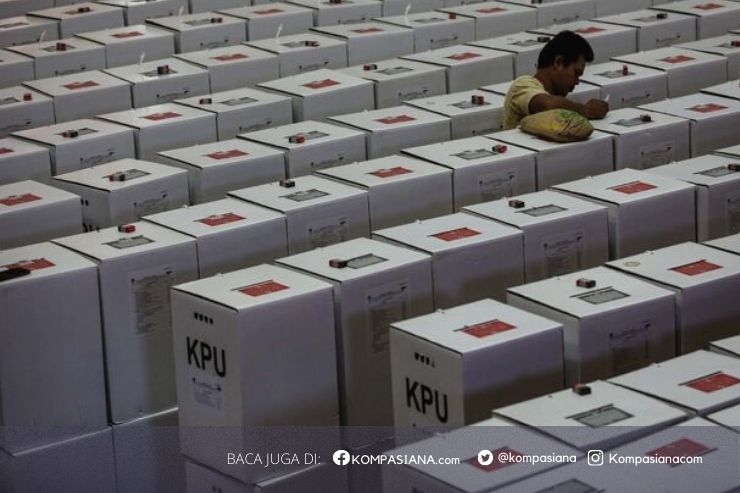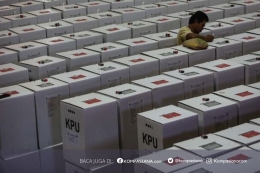In recent years, populism has emerged as a dominant force in the global political landscape, including in Indonesia and the United States. In 2024, the presidential elections in both countries highlight two major populist figures: Prabowo Subianto in Indonesia and Donald Trump in the United States. While their approaches differ, both use populist rhetoric to gain widespread support from the public. Let’s delve deeper into this phenomenon and its impact on the 2024 presidential elections in both countries.
Populism is often viewed as a political approach that highlights the divide between the “people” and the “elite.” In the context of presidential elections, populism can manifest in various forms, from rhetoric that expresses dissatisfaction with the political elite to promises aimed at defending the interests of ordinary citizens.
Populism is not just a local political phenomenon; it is a global movement that upends traditional power structures. In both Indonesia and the United States, presidential elections have become a stage for demonstrating the power of populism. However, how does this form of populism differ in two countries with very different socio-political contexts? Does populism in Indonesia and the US have similar impacts on democracy?
In the United States, populism has been an important part of the political landscape since the era of the Republican Party in the 19th century. Today, former President Donald Trump is running again in the 2024 presidential election with his distinctive populist leadership style. Through his slogan “Make America Great Again,” Trump succeeded in attracting many voters who felt neglected by the political elite and current policies.
Populism in America often focuses on criticism of globalization, immigration, and the "Washington elite." Trump uses strong rhetoric to criticize the media, the Democratic Party, and even government institutions. In the last election, he gained significant support from the central and southern states, underscoring that populism remains a powerful force for voters seeking change.
In the Indonesian political context, populism is often associated with promises to improve the welfare of the people and reduce social inequality. Populist candidates typically present themselves as “people’s champions,” criticizing the elite, and offering simple solutions to complex issues. This pattern creates an interesting dynamic, where society must choose between aspirations for progressive change and a desire to maintain stability.
Populism plays a key role in political dynamics, especially ahead of the 2024 Presidential Election. This political contest serves as a platform for several candidates using populist rhetoric to win the public’s sympathy. One of the key figures known for his populist approach is Prabowo Subianto, who often advocates for nationalism and socio-economic policies that prioritize “ordinary people” over the elite. His programs, such as free nutritious meals for schoolchildren, the elimination of absolute poverty, and a focus on investments, exports, and the development of strategic sectors like agriculture, manufacturing, and technology, reflect his commitment to the welfare of the wider population.
As a result, 95% of the population now holds a positive view of his administration. This populist spirit also enables President Prabowo to firmly stand with the working class, especially those facing the threat of job layoffs.
Both candidates have successfully brought relevant issues for the broader public into the public debate. Populism often plays a role in increasing political participation by giving a voice to groups who feel marginalized by the political elite. In Indonesia, the movement led by Prabowo opens a discussion on social injustice and the need for reform. Meanwhile, in the United States, Trump managed to capture the attention of voter groups who feel overlooked by traditional political parties.
However, the populist approach has the potential to deepen societal polarization. In Indonesia, Prabowo faces significant challenges in maintaining unity amidst ethnic and religious diversity. If not managed carefully, the populist rhetoric he employs could exacerbate social divisions. Meanwhile, in the United States, Trump often sharpens political divides with controversial and divisive rhetoric, which stirs tensions between his supporters and the opposition.
The 2024 presidential elections in the United States and Indonesia will be crucial moments in assessing the extent to which populism influences the political trajectory of both countries. While each has different social and political contexts, the populist phenomenon shows its potential as an effective force in mobilizing the masses. However, a big question remains: will populism lead to policies that bring real benefits to the wider public, or will it only worsen polarization within society?







